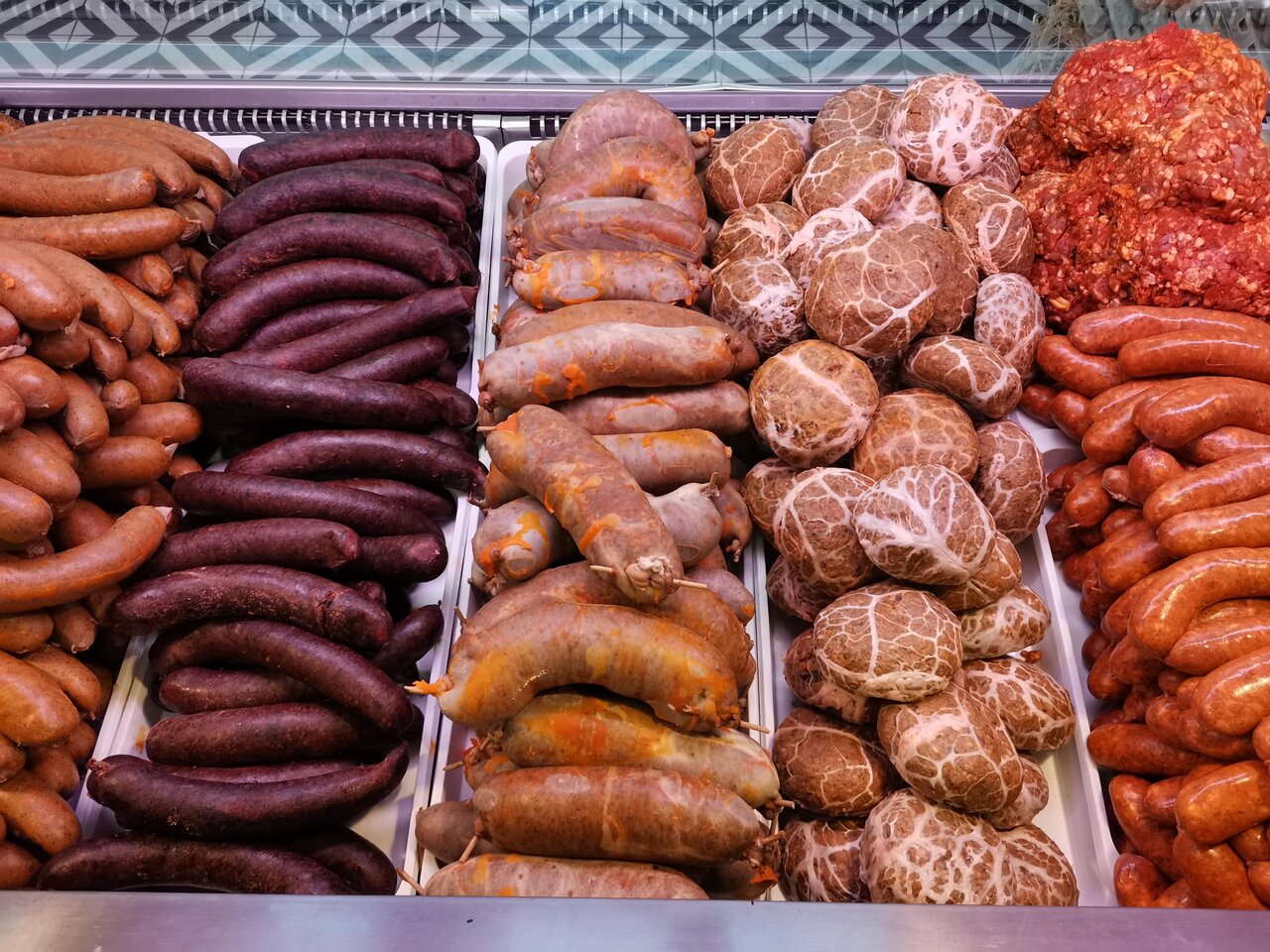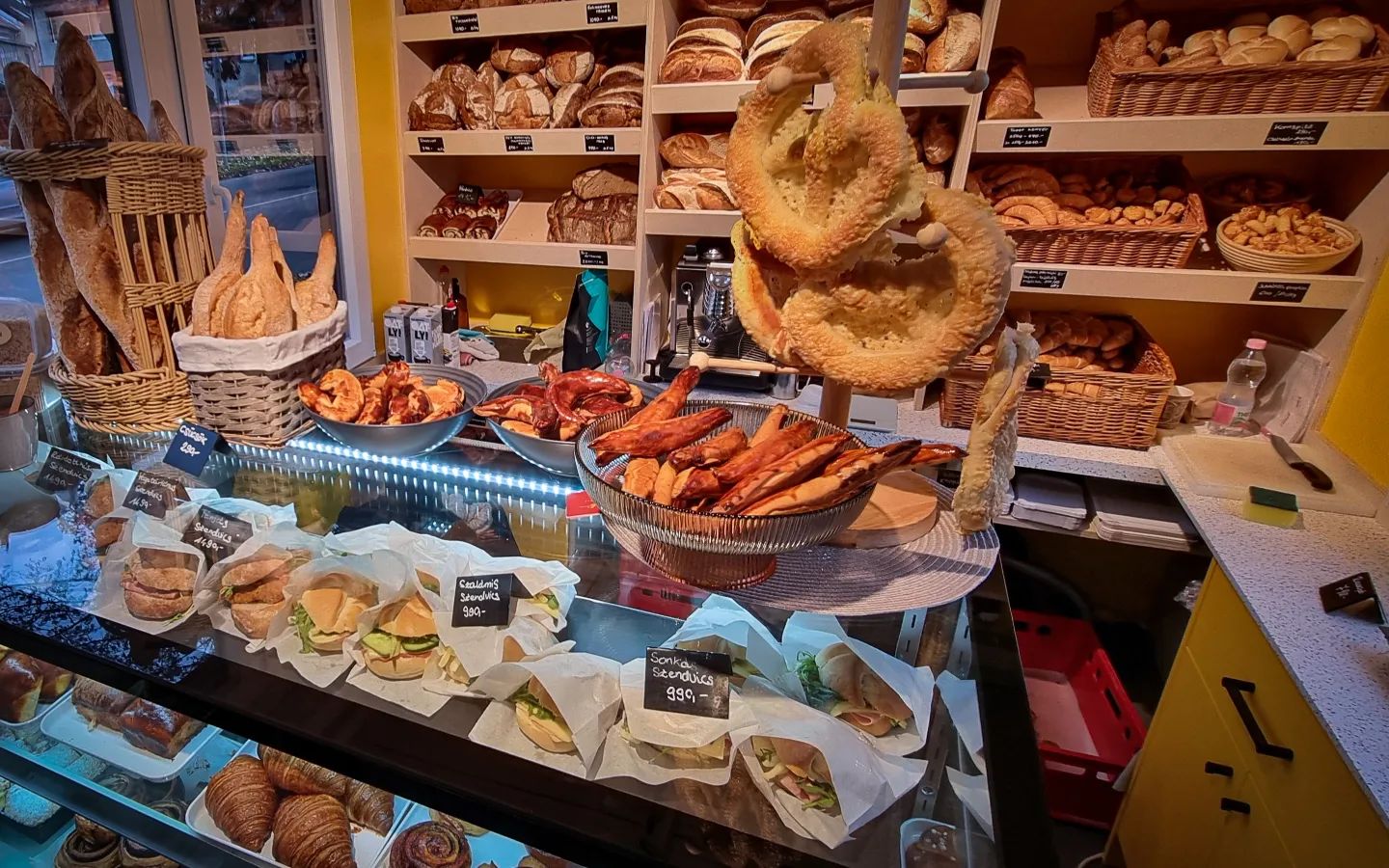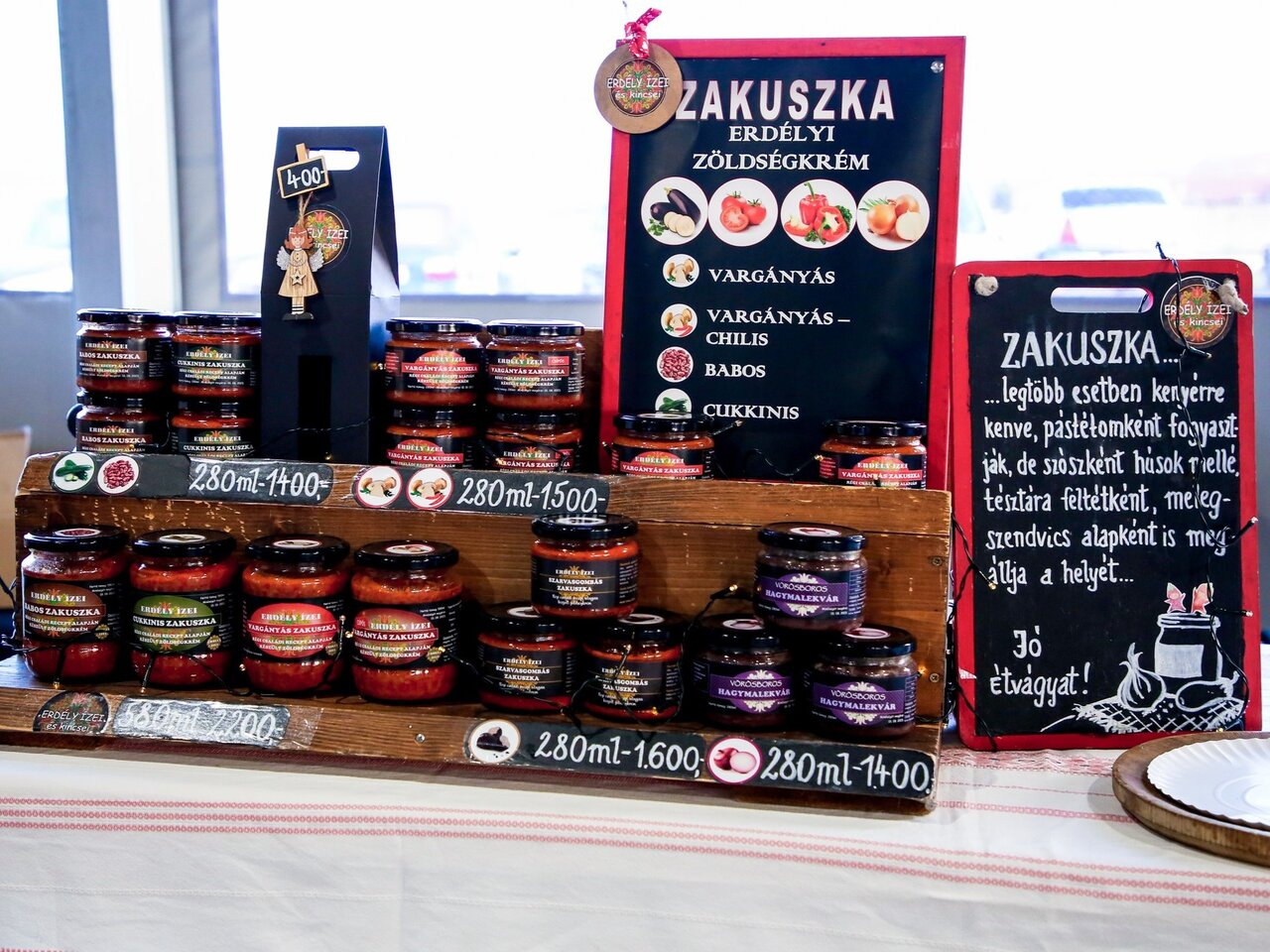Change language:
20 percent increase may come, consumption will not decline

We have not yet reached the peak of food inflation. According to the deputy secretary general of the National Association of Agricultural Producers, prices for some products could rise by up to 20 percent a month. Despite the increasing prices, there is no reduction in consumption. Market experts believe that there will be another Christmas rush this year, with no drop in food consumption.
Although people have to pay less for a small purchase in the shop than a month ago, this was due to the capped prices of eggs, milk and the low price of bread, according to a report by ATV News. Apples now cost 100 HUF (0.25 EUR) more than two months ago, when they were 299 HUF (0.74 EUR) per kilo. The price of tomatoes rose by 200 HUF (0.50 EUR) per kilo, index.hu says.
The cheapest eggs cost 799 and 699 HUF (1.99 and 1.74 EUR), but were almost twice as expensive in November. A litre of milk was almost 600 forints in shops a month earlier, but now it was only about half of that. Brown bread has also become cheaper, by 200 HUF. The price of 8-egg pasta has risen by 60 HUF (0.15 EUR), margarine by 50 HUF (0.12 EUR) and sour cream by 40 HUF (0.10 EUR).
According to the deputy secretary general of the National Association of Agricultural Producers, we have not yet reached the peak of food inflation. András Máhr, the deputy secretary general of the National Association of Agricultural Producers, pointed out that prices for certain products may rise by an average of 8-10 or even 20 percent per month.

“Further increases should be expected mainly in meat products. The purchase price of Hungarian pork is linked to the German price, where prices have risen by 20 percent in the last period”
– the deputy secretary-general said in an interview with Híradó. He added that if the forint was stronger, this would be felt in shops.
The government has made a decision
According to Index, the government has extended the price cap to new categories of food. Eggs and table potatoes, to reduce the impact of inflation and food price rises. The range of goods covered by the price cap has been extended to include:
- eggs,
- table potatoes,
- flour,
- sunflower oil,
- pork,
- chicken meat,
- 2.8 percent milk and
- granulated sugar.
According to the latest announcement by the Ministry of Agriculture, the government has extended the price caps until 30 April 2023. According to Ministry Chief István Nagy, the need to maintain the price caps is due to the protracted war in Ukraine and the “misguided Brussels measures” that have led to sanction inflation.

István Nagy explained that in addition to the price cap, it is necessary to ensure the availability of fixed-price products. To reach this, it has been determined that traders are obliged to sell the average daily quantity of the products concerned in 2021. The obligations will be monitored by the general consumer protection authority, i.e. the county and metropolitan government offices, with the involvement of the National Food Chain Safety Office.
No drop in food consumption
Market experts believe that there would be another Christmas rush this year, with no drop in food consumption. According to napi.hu, more and more customers pick local products off the shelves.
In November 2022, consumer prices were on average 22.5 percent higher than a year earlier. Food prices have risen by 43.8 percent, with meat products showing an even higher increase of over 50 percent. The preparations for Christmas and New Year’s Eve mean that we consume more food than at other times of the year.
- Read also: FAQ – Christmas in Hungary
Short supply chains are increasingly popular

One way to prevent the further rise in food prices would be the practice of putting high-quality, locally sourced food items in our baskets, napi.hu suggests. The end of the year is one of the busiest times of the year for trade, when shoppers are especially on the lookout for domestic food products in local markets as well as in grocery stores. The holiday is an opportunity for consumers to choose quality ingredients for their Christmas menus, most of which can be sourced from local producers.
According to a 2020 survey by the Institute of Agricultural Economics, more than 70 percent of consumers buy local, artisanal products on a regular basis. The experience shows that local products are also in demand in online shops during the festive season, whether it is cheese, jam, beigli or even gingerbread cookies.
Seeking quality products at the local markets
“There are more and more conscious customers on farmers’ markets and the demand for home-made meat products is constantly growing” – said Balázs Sövényházi, a smallholder producer, to napi.hu. He runs a pig farm and sells processed products in his own shop. The interest is growing despite the fact that the prices of chops, sausages and salami are 10 percent higher than in a shopping centre. Despite this, he reckons that local products are getting more sought-after as the majority of customers aim to buy quality products, even at a higher price.

The concept of value for money has become more important because consumers now know that a sausage bought from a local producer’s shop contains way more meat than a pre-packaged product on the shelf of a supermarket chain. In recent years, a number of government policies have helped local producers to enter the market. Sövényházi believes it would be a great help to meat producers if the government would improve the conditions for running small butcher’s shops.
Source: index.hu, napi.hu








